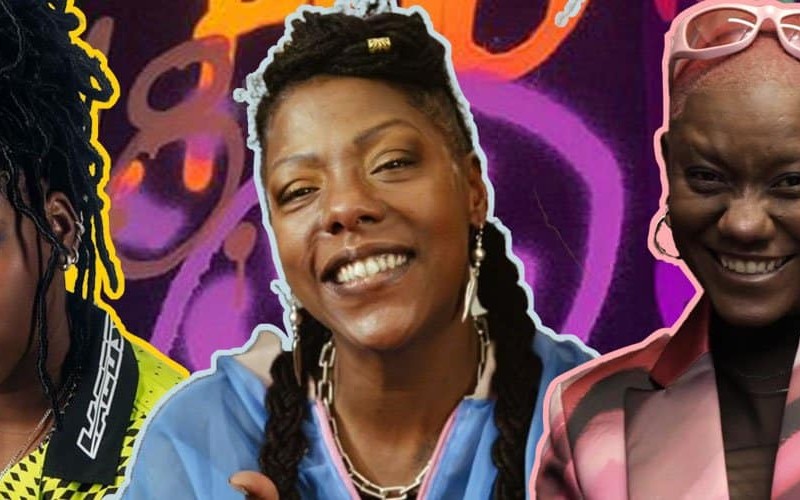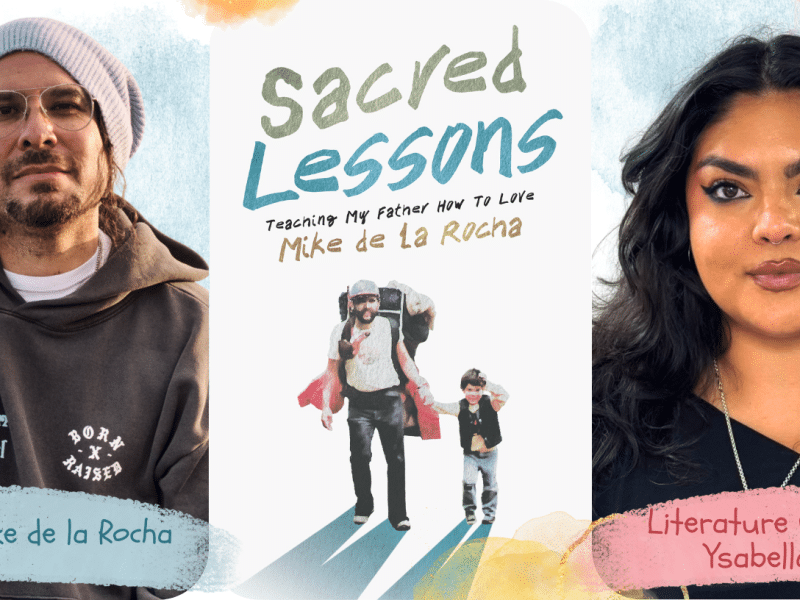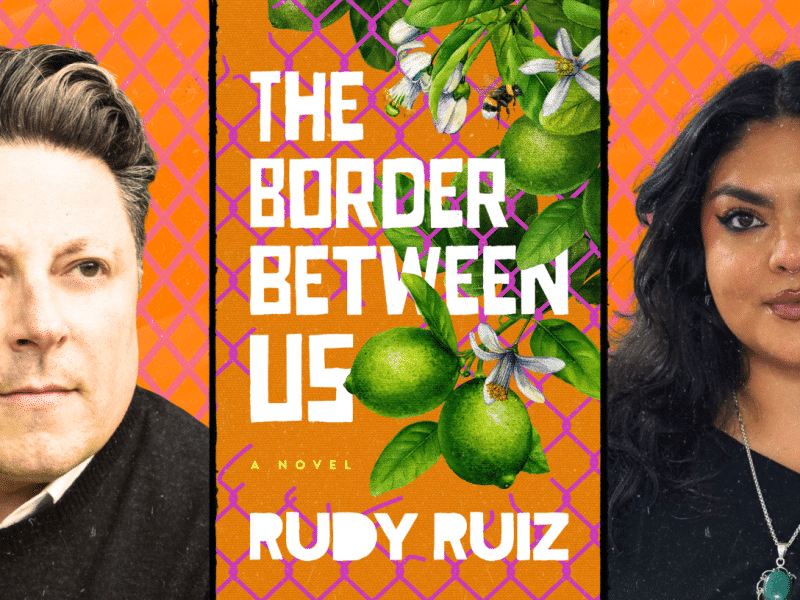Reggaeton and the Erasure of Afro-Latine Voices
Ever noticed the mismatch between the roots of reggaeton and the faces that dominate its scene? Explore the stark reality of erasure and the undeniable impact of Afro-Latino artists in forging reggaeton.

It’s practically undeniable that Reggaeton has now become synonymous with Latin urban culture. Rooted in Caribbean and Latin American rhythms, Reggaeton has transformed the global music scene in the last decade or so. Yet its history goes way back and is one of cultural amalgamation and erasure, particularly of Afro-Latino artists who played a crucial role in its birth and evolution.
Reggaeton traces its roots back to the 1970s in Panama, where Afro-Panamanian musicians began experimenting with reggae en Español – a Spanish language version of Jamaican reggae. This was largely influenced by the Jamaican workers who migrated to Panama for the construction of the Panama Canal and brought their music with them.
Panamanian artist La Atrevida, also known as Rude Girl, rose to prominence in the early 1990s by introducing Spanish-language reggae, with many of her lyrics addressing issues within the Afro-Caribbean community.
The genre’s evolution continued in Puerto Rico in the late 1980s and early 1990s. Here, reggae en Español fused with American hip hop and native Latin American music styles, creating a unique sound that would later be termed “reggaeton.” Key to this evolution was the “dembow” rhythm, derived from Jamaican dancehall music.
But despite reggaeton’s deep-rooted connection to Afro-Latino culture, there has been a consistent marginalization and erasure of Afro-Latino voices from the genre’s mainstream narrative. In the early years of reggaeton, Afro-Latino artists, including El General, Vico C, and Tego Calderón, were instrumental in shaping the genre.
And even though Ivy Queen is often hailed as the “Queen of Reggaeton,” she’s just one component of a broader, vibrant landscape of numerous Afro-Latina pioneers. Women like Lisa M, La Sista, La Atrevida, and Glory have all significantly contributed to shaping the genre we enjoy today, yet their stories are often overlooked.
As reggaeton moved into the international limelight, it began to align itself more closely with a lighter-skinned image, frequently sidelining Afro-Latino artists. This erasure isn’t just about recognition; it’s about the appropriation and whitewashing of a genre. As reggaeton evolved and gained commercial success, it often shed its black roots in favor of a more marketable image. This shift has repercussions beyond just music—it’s part of a broader pattern of anti-Blackness in the Latin music industry and the world at large.
One clear example of that is how J Balvin, a white Colombian reggaeton artist, was awarded Afro-Latino Artist of the Year in 2020 by African Entertainment Awards USA. As Dr. Petra Rivera-Rideau, author of “Remixing Reggaeton: The Cultural Politics of Race in Puerto Rico,” put it in a Rolling Stones article, “The Latin music industry borrows heavily from Afro-Latino cultural practices, but privileges and prioritizes white Latino artists to perform them. And that’s a historical pattern we’ve had.”
Even as the genre becomes more inclusive, with more and more women gaining recognition, Afro-Latina artists still struggle for the same visibility. This issue is not limited to reggaeton; it’s a reflection of broader patterns of colorism, racism, and sexism prevalent within the music industry and society at large.
Time and time again, we have witnessed a pattern where white-presenting artists catapult to fame seemingly overnight, engaging in the same pursuits that their darker-skinned peers have been dedicated to for years. The latest example of that is Young Miko’s rise to fame, an openly queer white Puerto Rican rapper who has achieved more in 3 years than most Afro-Latina artists in the space. While Latino artists who manage to find success are a big win for Latino representation in the music industry, the obstacles Afro-Latino artists face are still an issue.
It’s still unsurprising that contemporary Afro-Latina artists like Goyo from ChocQuibTown, who not only possesses remarkable musical talent but is also a vocal advocate for the Afro-Latino community, encounter obstacles in attaining equal levels of fame and recognition compared to their white-presenting counterparts in Reggaeton, such as Natti Natasha, Anitta, Young Miko, and Rosalía. This discrepancy extends to male artists, such as Sech and Ozuna, who find themselves facing similar challenges when measured against the success of Bad Bunny.
The sexual objectification of women in reggaeton further aggravates this erasure. Music videos often depict women, particularly Afro-Latina women, as sexual objects rather than as artists or contributors to the genre. A glaring example of this is J Balvin’s downright racist and sexist “Perra” video. This narrative reduces Afro-Latina women to highly sexualized, one-dimensional figures, overshadowing their talent and contributions.
Despite the challenges and hurdles, Afro-Latino urban artists continue to take up space in the industry and strive for success while championing their roots. Rising stars like Colombian Afro-Latina rapper Mabiland, who opened for Coldplay in Bogota in 2022, La Dame Blanche, Cuban rapper and flutist, and J Noa, a Dominican teen rapper who was nominated for best rap/hip-hop song at the 2023 Latin Grammys have promising careers ahead of them.
Reggaeton’s popularity continues to soar on the global stage, showing just how much the world loves Latin urban music. Still, we’re not telling the full story. We’re overlooking the roots of the genre and the Afro-Latino artists who helped bring it to life. Isn’t it time we spotlight the rich blend of influences that created reggaeton, from its start in Afro-Caribbean rhythms to its rise across Latin America? Let’s give credit where it’s due to those who have added their unique experiences and personalities to its vibrant history.




